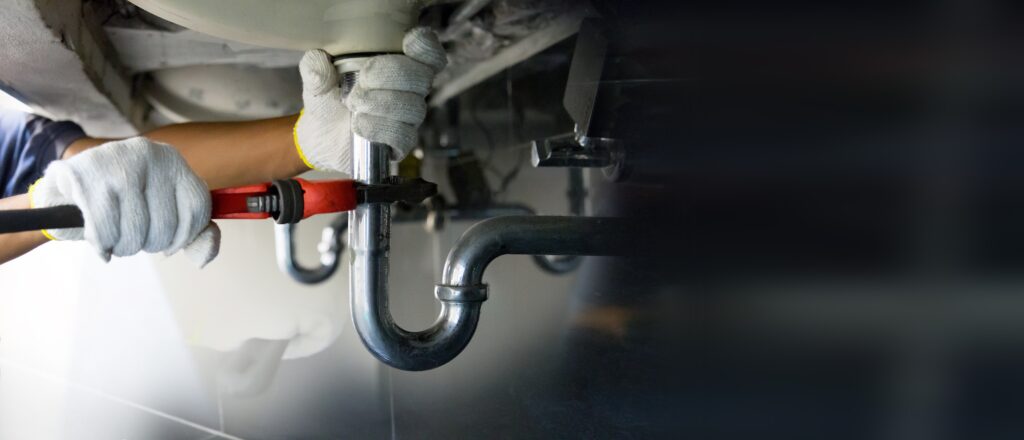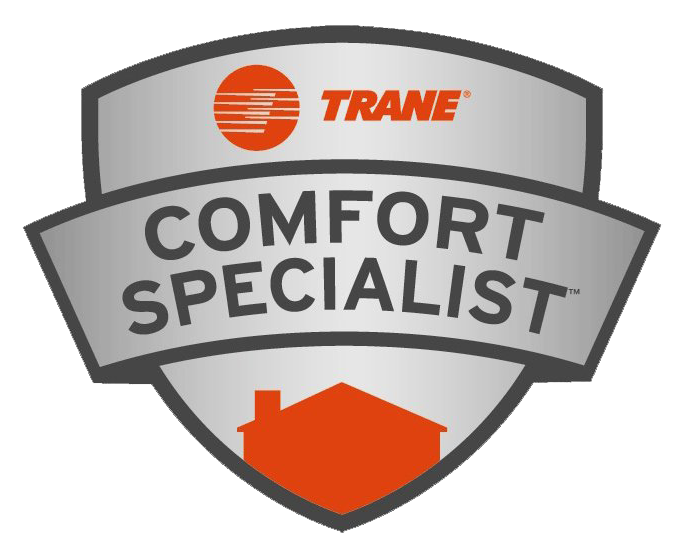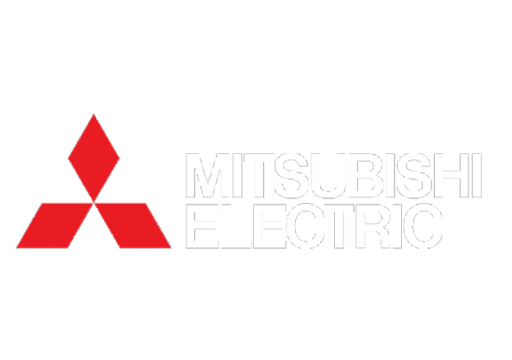What’s the Difference Between Commercial Plumbing and Industrial Plumbing?

When it comes to plumbing systems, not all jobs are created equal. Just like residential and commercial properties have different needs, commercial and industrial plumbing systems serve different types of facilities and each comes with its own set of challenges, requirements, and expertise. If you’re not familiar with the distinctions between these two services, it can be easy to lump them together.
Understanding the difference is key to ensuring you hire the right plumbing service for the job. In this blog, T&T Plumbing & Heating, Inc. breaks down what makes commercial plumbing different from industrial plumbing and why it matters for your business or facility.
Commercial Plumbing vs. Industrial Plumbing: The Basics
Commercial Plumbing
Commercial plumbing generally involves plumbing systems for business environments such as office buildings, restaurants, and retail stores. A commercial setting usually has higher water usage than residential properties but the plumbing needs aren’t as demanding as industrial spaces. Commercial plumbing services focus on the installation, maintenance, and repair of water, drainage, and gas line systems in a commercial property, ensuring everything runs smoothly for employees, customers, and clients.Industrial Plumbing
Industrial plumbing, on the other hand, deals with factories, manufacturing plants, and other large-scale industrial facilities. These environments often require specialized plumbing systems due to the nature of the materials they handle, such as chemicals, gasses, or hazardous liquids. Industrial plumbers must follow strict safety guidelines and use specialized equipment to ensure the plumbing system can handle extreme conditions and high demand.Key Differences Between Commercial and Industrial Plumbing
While both types of plumbing require experienced professionals and the proper expertise, there are several key differences between the two that impact how a commercial plumber or industrial plumber approaches each job.
1. Complexity of Systems
Commercial plumbing systems are complex, but they typically involve standard water and sewer lines, along with fixtures like sinks, toilets, and water heaters. The complexity often comes from the sheer size of the building or the volume of people using the system at any given time. For example, healthcare facilities with hundreds of restrooms and food service have far more plumbing infrastructure than a small retail shop.
Industrial plumbing, however, is on a whole different level. These systems are designed to handle massive amounts of water, chemicals, steam, and even hazardous waste. Factories, power plants, and refineries have highly specialized needs that go beyond basic water lines. Industrial plumbers must consider factors like high-pressure systems, waste treatment, and the safe transport of dangerous substances.
2. Materials Used
Another major difference between commercial plumbing services and industrial plumbing is the type of materials used. Commercial plumbing systems generally use standard materials like copper, PVC, and galvanized steel, which are durable enough to handle daily usage in commercial properties.
In contrast, industrial plumbing often requires specialized materials designed to withstand high pressures, extreme temperatures, and corrosive substances. Stainless steel, cast iron, and specialized plastics are commonly used to ensure the longevity and safety of the system. Industrial plumbers must also be familiar with chemical-resistant materials that won’t degrade when exposed to harsh industrial environments.
3. Safety and Compliance
In any plumbing job, safety and compliance are important, but the stakes are much higher in industrial plumbing. Industrial facilities often deal with hazardous materials, which means that any failure in the plumbing system could lead to serious safety issues, environmental damage, or health hazards for workers. Because of this, industrial plumbing must adhere to strict regulations and safety protocols.
Commercial plumbing, while also regulated, doesn’t usually involve the same level of risk. There are still building codes and safety guidelines to follow, especially in food service or healthcare settings, but the consequences of a plumbing failure in a commercial building are usually less severe than in an industrial environment.
4. Scope of Work
Commercial plumbers often handle tasks such as installing water lines, drainage systems, sump pumps, and fixtures for new construction or replacements. While these tasks are important to maintain business operations, they’re relatively straightforward compared to industrial plumbing jobs.
Industrial plumbers install complex plumbing systems from the ground up, including waste management systems, water treatment plants, or high-capacity water lines for manufacturing processes.
Industrial plumbing tends to involve more collaboration with engineers, architects, and other trades to ensure that the plumbing system integrates smoothly with other parts of the facility, such as electrical systems or machinery. The scale of work is significantly larger, and the level of customization is much higher.
5. Maintenance and Repair
Maintenance in commercial plumbing tends to be more routine to keep restrooms, kitchens, and other spaces operational and prevent breakdowns. Maintenance schedules are typically regular and predictable. Commercial plumbers often fix common plumbing issues for commercial properties like clogged drains, leaky pipes, or water heater repair.
In industrial plumbing, maintenance can be far more intensive, frequent, and critical. Because these systems handle more dangerous materials, even a minor issue could escalate into a serious problem. Industrial plumbers must perform thorough inspections, often using advanced technology to detect potential issues before they become major hazards. Repairs in industrial settings often require more downtime and coordination because they can affect the entire operation of a facility.
Why It’s Important to Hire the Right Plumber
Understanding the difference between commercial plumbers and industrial plumbing professionals is essential when hiring Fort Wayne plumbers for local businesses and facilities. A commercial plumber can handle plumbing repairs or installations for a retail space, but they likely won’t have the expertise or equipment to manage the unique challenges of an industrial setting. Conversely, an industrial plumber may not be the best fit for a smaller commercial job, as their skillset is tailored to more complex systems.
Hiring the right plumber will help ensure that you receive quality service, so you can be confident that the job is done safely, efficiently, and in compliance with all relevant regulations. It also helps you avoid costly mistakes that could lead to downtime or safety issues. If you’re unsure which type of plumber you need, it’s always a good idea to consult with a professional who can assess your facility’s specific requirements.
Do You Need a Commercial Plumber in the Fort Wayne Area?
Both commercial and industrial plumbing are essential for keeping businesses and facilities running smoothly, but they require different skill sets, materials, and approaches. When you know the key differences between these two types of plumbing, you can make sure you hire the right professional for the job and ensure that your plumbing system is safe, reliable, and up to code.
At T&T Plumbing & Heating, Inc., we specialize in commercial plumbing services in Fort Wayne. From routine maintenance to large-scale commercial new construction plumbing installations, our experienced team is equipped to handle all your Northeast Indiana business’s plumbing needs.
We’re committed to ensuring your commercial space runs smoothly and meets all regulatory standards. Contact our team today to discuss how we can support your plumbing needs and keep your business’s operations on track!





